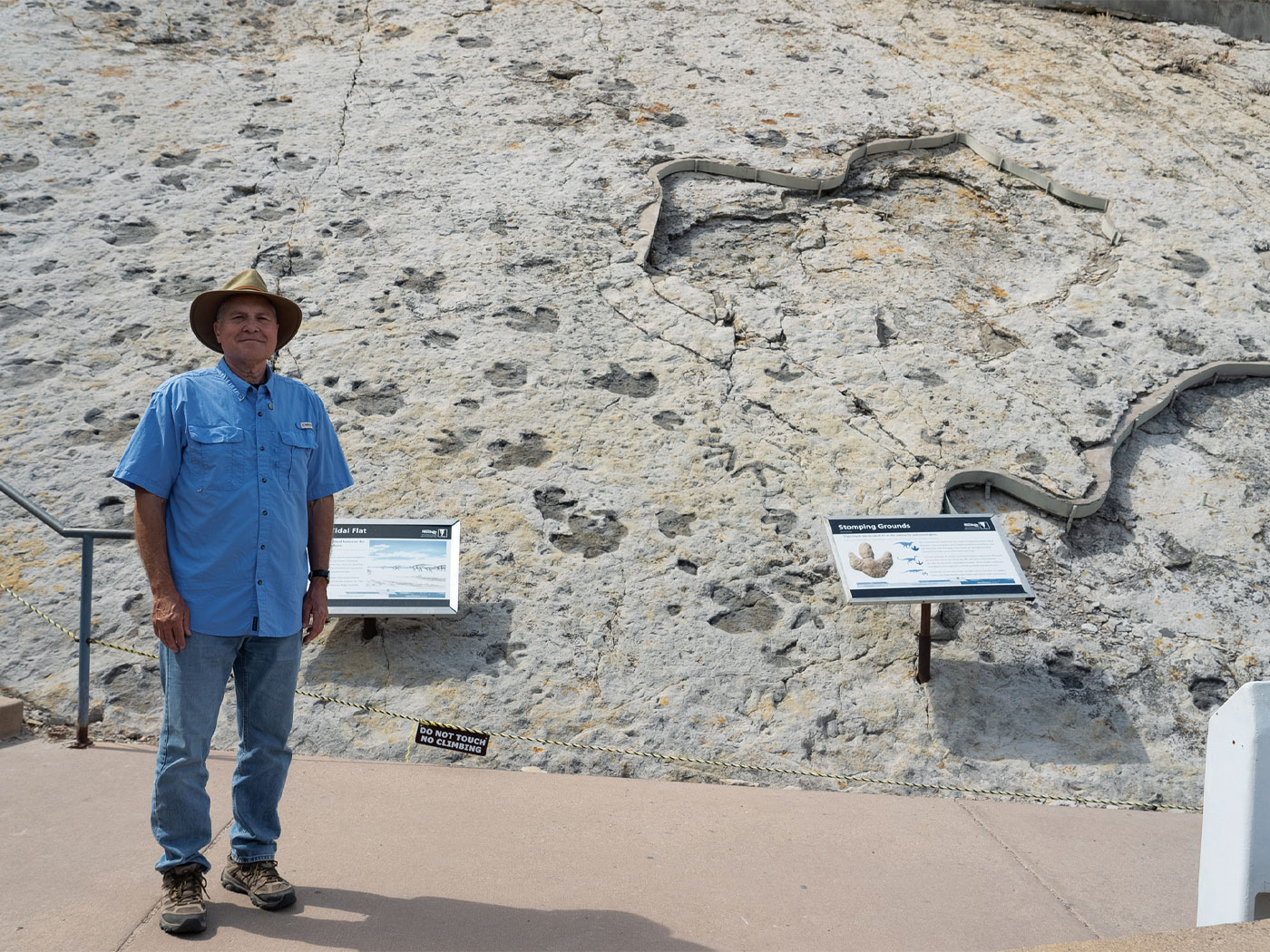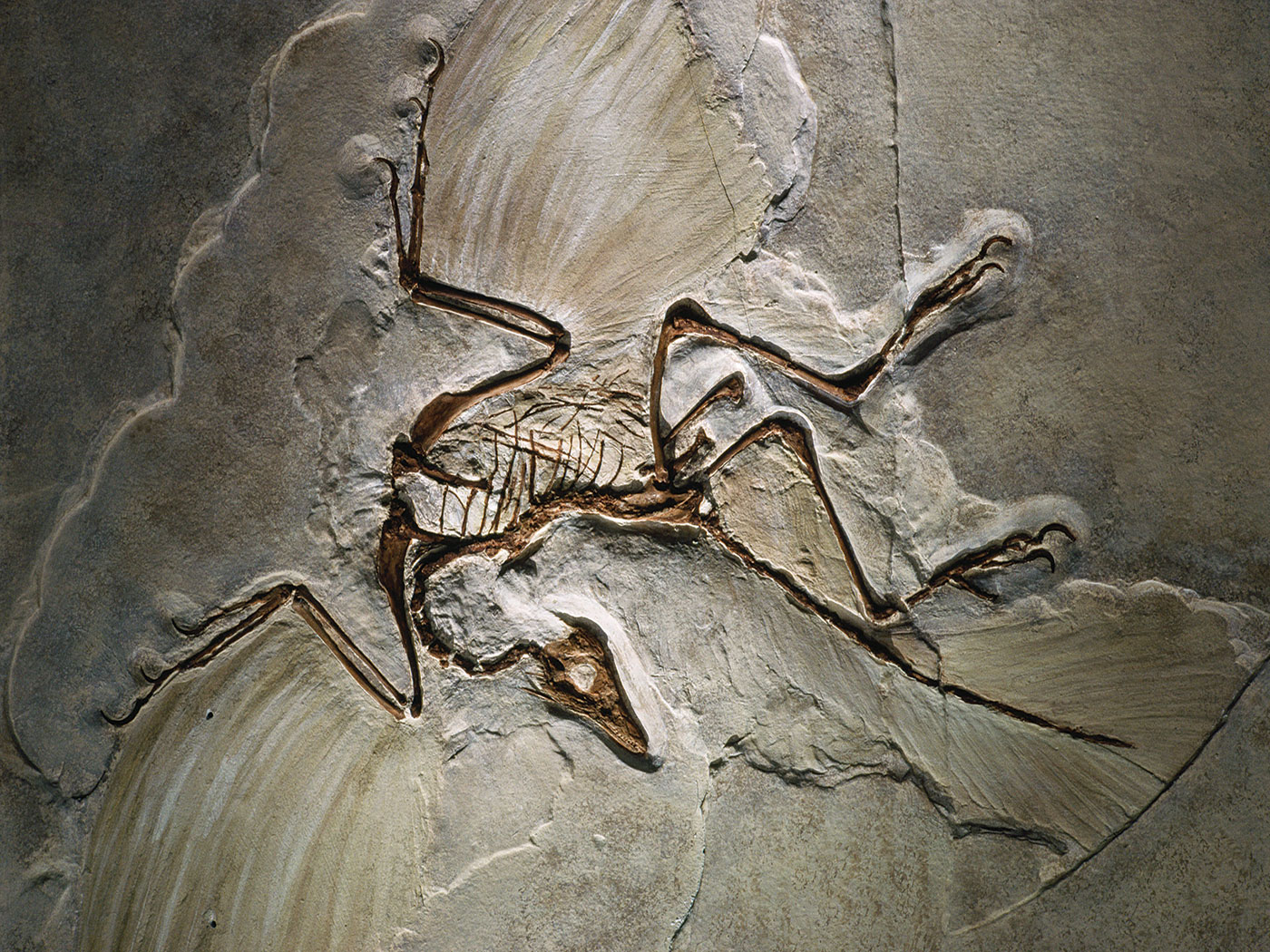"For a thousand years in thy sight are but as yesterday when it is past, and as a watch in the night." (Psalm 90:4)
In this unique psalm, Moses is stressing the brevity of even the longest human life with the everlasting nature of God. In the pre-Flood world, men were able to live many hundreds of years, but no one ever lived as long as 1,000 years. By Moses’ time, the typical lifespan was 70 or 80 years (v. 10), much the same as today. Moses lived to age 120, but he was twice as old as most of his contemporaries when he finally died (note Numbers 14:29, 34; Deuteronomy 34:7).
Moses, therefore, was profoundly impressed with the ephemeral nature of a person’s time on earth. Even if someone had lived a thousand years, this was only a little while in God’s sight, and his life would soon "fly away" (Psalm 90:10) and be forgotten.
There is nothing in this passage, incidentally, or in 2 Peter 3:8 ("one day is with the Lord as a thousand years") to justify the misinterpretation that attributes billions of years to God’s creation week. In context (and one must always be sensitive to the context if he wants to understand any passage of Scripture), neither Moses nor Peter were referring to the creation week at all. Moses was stressing the brevity of human life, even that of the antediluvians, while Peter was rebuking the latter-day uniformitarians who would come denying the catastrophic effects of the great Flood. It is too bad that so many Christians are willing to distort Scripture like this in order to accommodate the imaginary ages of evolution.
The message we should really get from this Mosaic observation is the application He Himself makes. "So teach us to number our days, that we may apply our hearts unto wisdom" (Psalm 90:12)! HMM






















